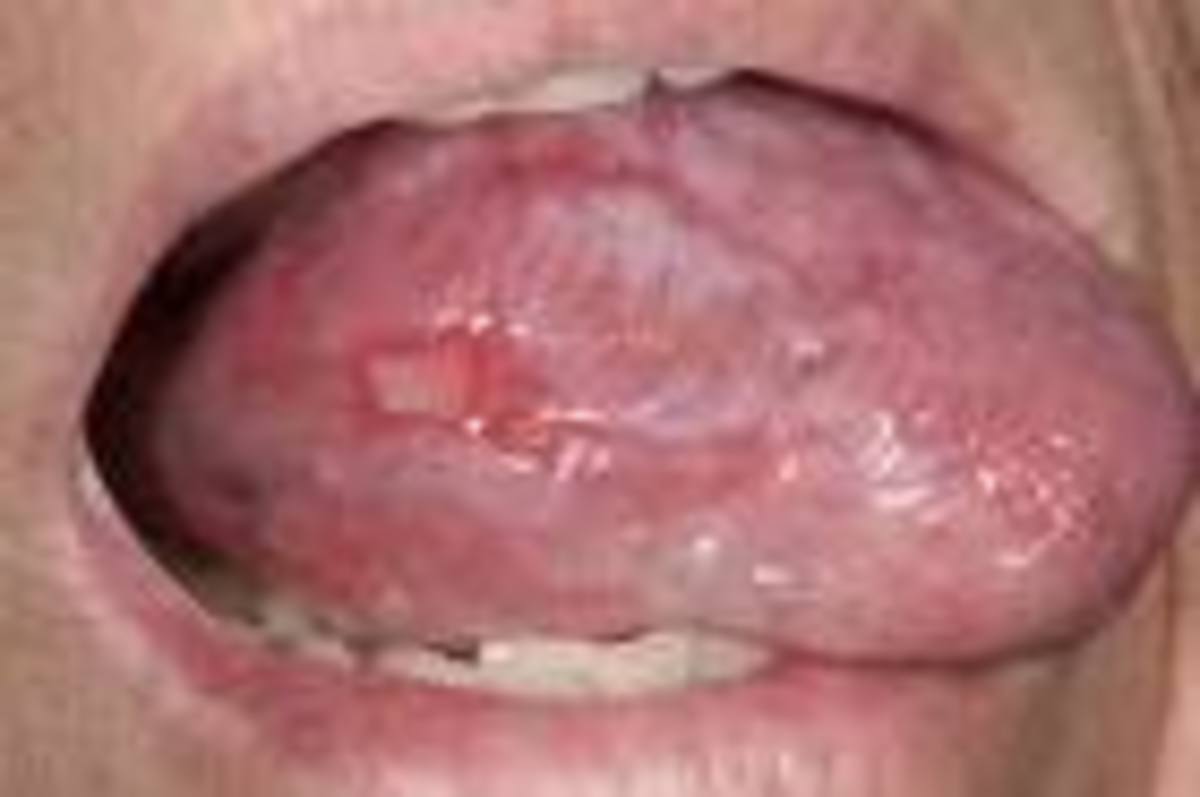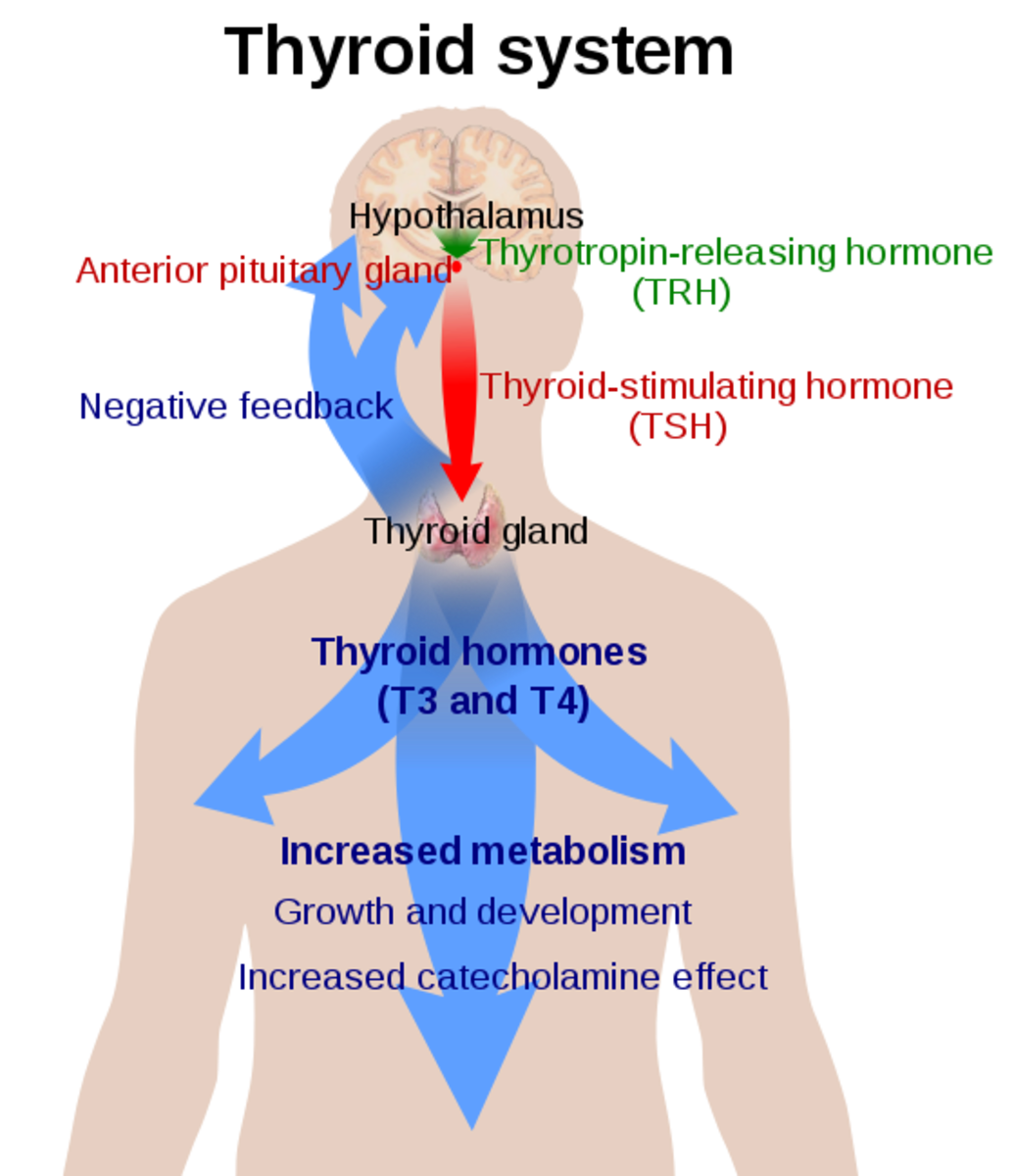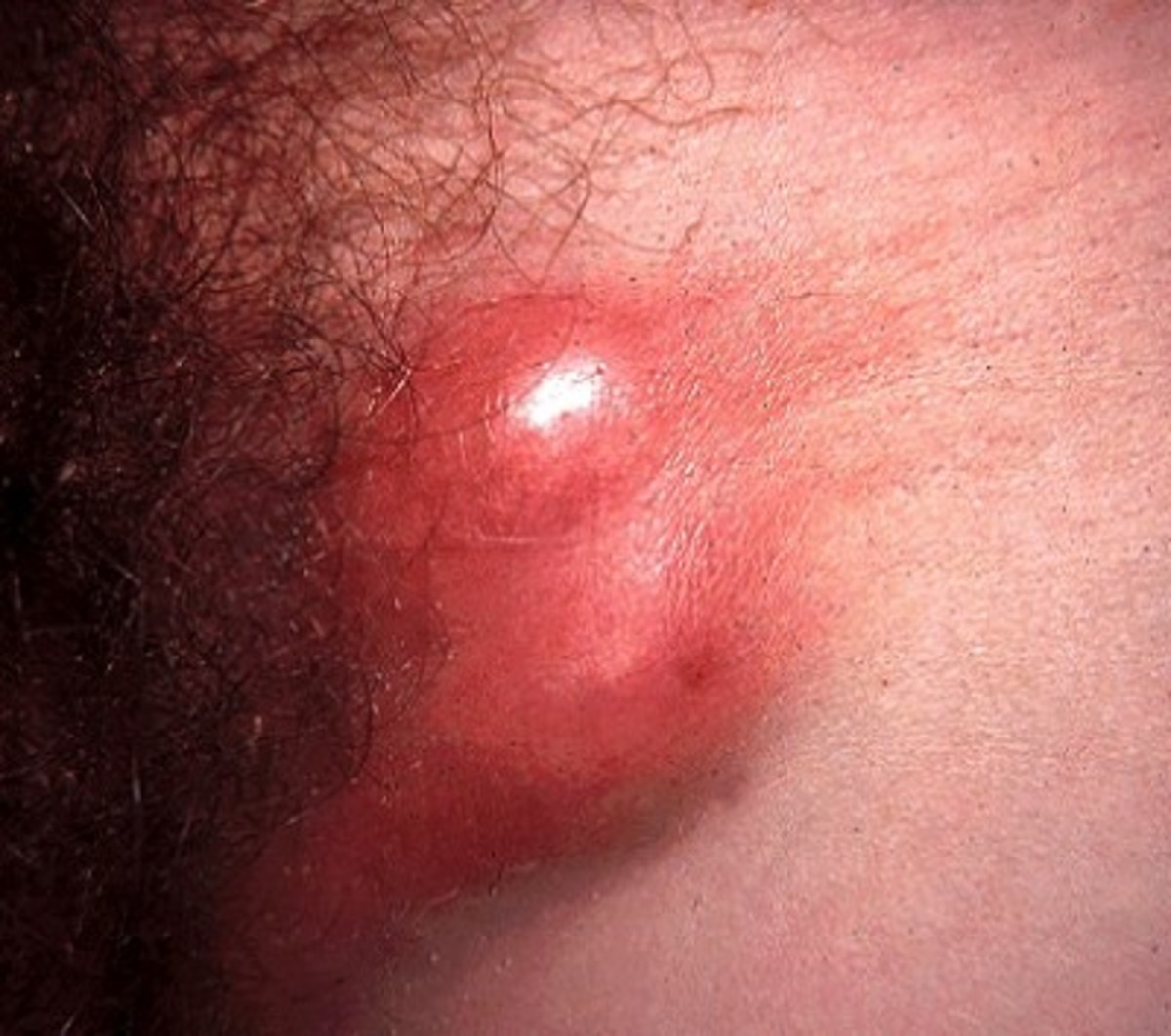Which Hyperthyroid Treatment Methods During Pregnancy & Lactation Are Safe?
Women with hyperthyroidism or Graves' Disease who are either pregnant or lactating may wonder which hyperthyroid treatment methods are safe. The goal of this article is to discuss three common treatment methods for hyperthyroidism, and not only reveal which ones are safe to receive for pregnant and lactating women with hyperthyroidism, but the preferred treatment option as well.
Hyperthyroid Treatment Option #1: Anti-thyroid drugs. Anti-thyroid drugs are the typical treatment method that is recommended for women who are pregnant and lactating. However, there are potential risks with taking anti-thyroid drugs, especially with Methimazole. However, the risks to the baby associated with hyperthyroidism can be much worse, which is why endocrinologists will recommend the anti-thyroid drugs, despite the potential side effects.
Hyperthyroid Treatment Option #2: Thyroid Surgery. Radioactive iodine is not recommended for women who are pregnant and/or lactating. Even if the woman's symptoms are severe this procedure won't be recommended, because it can damage the thyroid gland of the fetus. Instead, surgery would be a possible option if the woman doesn't respond to the anti-thyroid drugs. But since thyroid surgery comes with its own set of risks, it is rarely used, especially with pregnant women.
By the way, this is just further proof as to how harsh of a treatment radioactive iodine therapy is, as any treatment that damages the thyroid gland should be an absolute last resort, unless if the situation is life threatening. So even for those people who aren't pregnant or breastfeeding, RAI usually shouldn't be a first option, even though many endocrinologists will recommend it as their primary hyperthyroid treatment option.
Hyperthyroid Treatment Option #3: Natural Treatment Methods. More and more people with hyperthyroidism and Graves' Disease are turning towards natural treatment methods to restore their health back to normal. For women who are pregnant or breastfeeding, this a safe and effective option when under the guidance of a competent natural endocrine doctor. However, it's important to realize that certain herbs and supplements are contraindicated for pregnancy and lactation. This is why it's highly recommended to consult with an expert, rather than attempt to self treat your condition.
You might wonder how natural hyperthyroid treatment methods can actual cure hyperthyroidism or Graves' Disease. After all, most endocrinologists and other types of medical doctors label these conditions as being incurable. From a conventional medical standpoint this is true, as taking anti-thyroid drugs or receiving radioactive iodine might help from a symptomatic perspective, but won't do anything for the underlying cause of the disorder. On the other hand, the goal of a natural hyperthyroid treatment protocol is to find the cause of the problem, and if possible, cure it.
Obviously not everyone can have their condition completely cured. But even if the goal is symptom management, then natural treatment methods still might be the best option. After all, taking anti-thyroid drugs may do a good job of managing the symptoms, but there are risks to the baby when taking this approach. This isn't to suggest that there isn't a risk when treating your condition naturally, especially when taking certain herbs. But once again, when under the supervision of a good holistic doctor the risks are minimal.
What Will A Natural Endocrine Doctor Do To Determine The Underlying Cause?
When seeing a natural endocrine doctor for your hyperthyroid condition, they will do some of the same things an endocrinologist would do to evaluate your condition. This includes looking at your thyroid blood tests (TSH, Free T3 & T4, etc.), conducting an exam, etc. But in addition to this, they will most likely perform some other tests in order to determine the underlying cause of the condition.
For example, many people with hyperthyroidism have problems with their adrenal glands. Yet, most endocrinologists don't do any tests specifically for the adrenals. This is true even when the patient presents with obvious symptoms which indicate they have weakened adrenal glands, such as extreme fatigue. But if the weakened adrenal glands are causing the hyperthyroid condition and go unaddressed, then it won't be possible to cure the hyperthyroid condition.
Another example applies to someone who has Graves' Disease, which is a condition where the immune system is compromised. Despite this, most endocrinologists don't do anything to eliminate the autoimmune response. Usually nothing is done to address the immune system of the person with Graves' Disease, which doesn't make any sense.
Which Hyperthyroid Treatment Option Should You Choose?
As for which of these hyperthyroid treatment options you should choose, this of course is something that only you can decide. Most of the time it will come down to either anti-thyroid drugs or natural thyroid treatment methods, since RAI is usually not recommended for pregnant or lactating women. Your endocrinologist or general medical practitioner will most likely recommend anti-thyroid drugs, which can do a good job of managing the symptoms, but pose a potential risk to the baby. Plus these drugs don't do anything for the actual cause of the condition.
On the other hand, natural thyroid treatment methods get to the underlying cause of the disorder. But some people just aren't comfortable with natural treatment methods, and would prefer to use the medical treatment methods. Plus, while natural treatment methods can be very safe and effective, this is only true when performed under the guidance of a competent natural endocrine doctor. If you try to self treat your condition, this not only will increase the risk of something going wrong, but will also decrease the chances of you receiving optimal results.
In summary, there are essentially two different hyperthyroid treatment options for pregnant and lactating women to choose from, since thyroid surgery usually isn't recommended, and RAI isn't an option. Both anti-thyroid drugs and natural thyroid treatment methods can help in managing the hyperthyroid symptoms, but there are potential risks to the the baby when taking anti-thyroid drugs. On the other hand, it can take some time for the natural treatment methods to take effect, and so if you are already pregnant then you might need to take the anti-thyroid drugs initially, along with the natural treatment methods, and then wait until the natural treatment methods "kick in" before weaning off of the prescription drugs under the guidance of your medical doctor.
For more information on how to treat Hyperthyroidism and Graves’ Disease through natural treatment methods, please visit my facebook fan page, Graves Disease and Hyperthyroidism: Natural Treatment Solutions (and don't forget to Like the page while you're there!).





